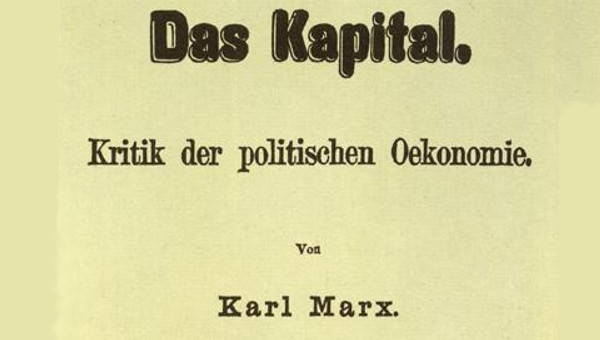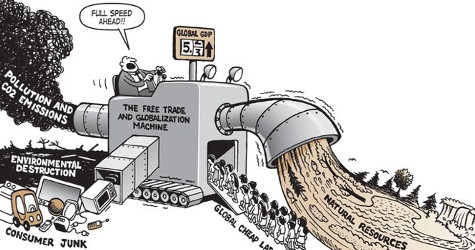150 Years of Marx’s Capital
19 March 2017. This is a collection of videos dealing with Karl Marx’s Capital: A Critique of Political Economy. This playlist starts with an audio recording of Capital Volume 1. … Watch video »
19 March 2017.
This is a collection of videos dealing with Karl Marx’s Capital: A Critique of Political Economy. This playlist starts with an audio recording of Capital Volume 1. And here’s a link to the text of Capital.
It is 150 years since Karl Marx published the first volume of Capital: A Critique of Political Economy in 1867, with the two subsequent volumes coming out under the editorship of Friedrich Engels over the next decades. As its subtitle suggests, Capital is a masterful appraisal of the ‘vulgar’ defences of capitalism focused on exchange and markets and the more ‘scientific’ accounts of classical political economy highlighting the production of an economic surplus and its distribution between the social classes. Capital is, however, foremost a dissection of the historical social relations and mode of production of capitalism. From its initial publication, Marx’s Capital steadily gained prominence as the indispensable point of departure for understanding the inner workings of the capitalist system – its modes of exploitation and appropriation of the economic product produced by the working classes, the relationship between the workday, the wage and the social reproduction of the working class family, the continual drive toward technological change, the production of armies of surplus labour, and the social forces polarizing the accumulation of wealth on the one side and poverty on the other. These themes and concepts remain critical guides to understanding our times and the contradictions lived daily under neoliberal capitalism. It is hardly necessary to point out their relevance for dispensing with the theoretical schemas that dominate the bourgeois media and the economic policies of capitalist states. If capitalism has considerably evolved since Marx’s time, Capital retains its importance as a theoretical testament to the unfreedoms, inequalities and crises produced by capitalism and a political manifesto for a democratic socialism as the necessary route forward.
Other resources:
- Reading Marx’s Capital with David Harvey – youtube.com/user/readingcapital
- 150 years of Karl Marx’s Capital – Reflections for the 21st century. International conference hosted by the quarterly Marxist review Theseis and Rosa Luxemburg Stiftung Athens Office.
- Co-edited by Ingo Schmidt and Carlo Fanelli: Reading Capital Today: Marx After 150 Years





